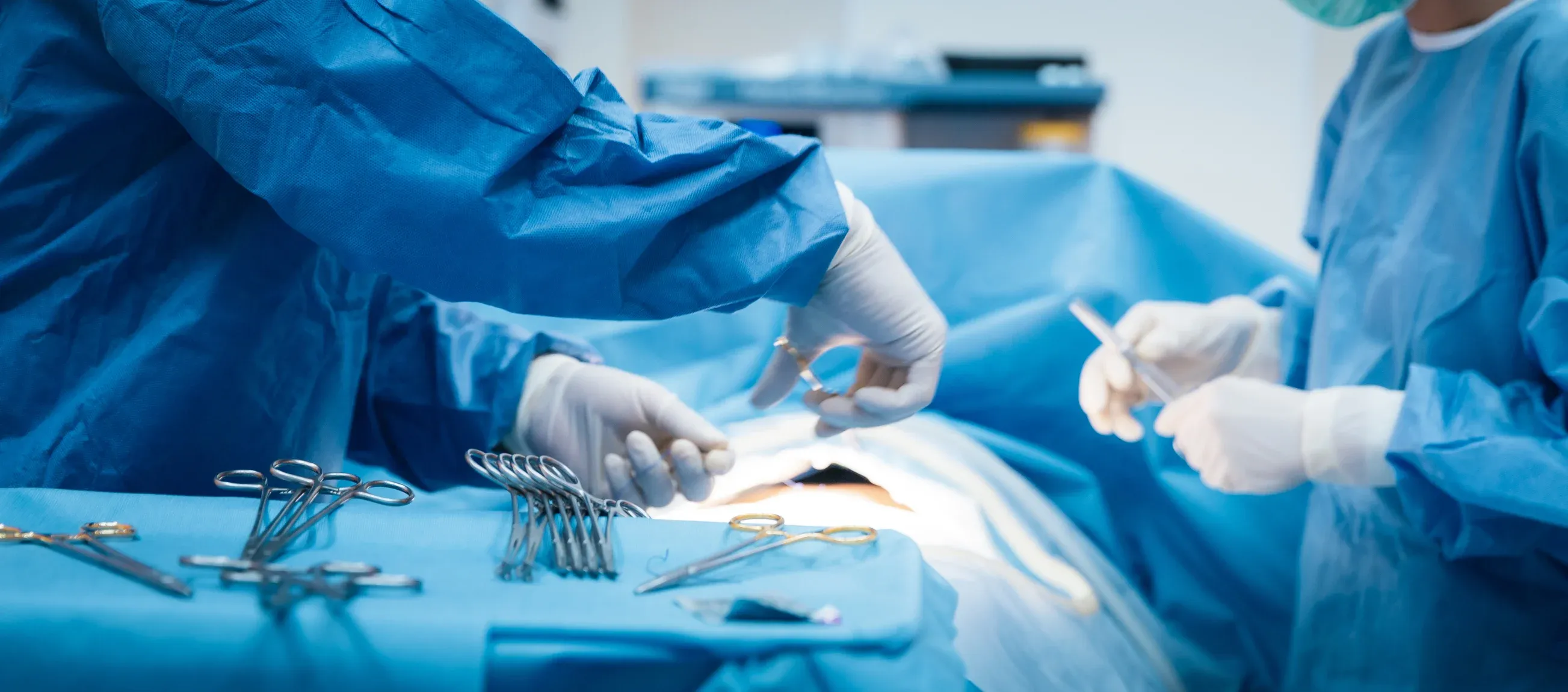The main role of a general surgeon encompasses a broad range of responsibilities, pivotal in diagnosing, treating, and managing various surgical conditions that primarily involve the abdominal organs, breast, thyroid, and, in some cases, the skin and soft tissues. This comprehensive approach ensures that general surgeons are integral to both emergency and elective surgeries, making them critical to the operations of hospitals like those found in Bungoma, where access to specialized care may be limited. Here’s a detailed breakdown of the role and responsibilities of a general surgeon, particularly in the context of a top hospital in Bungoma.
Broad Surgical Expertise
General surgeons are trained to perform a wide variety of surgical procedures. This includes, but is not limited to, appendectomies, hernia repairs, gallbladder removals, and stomach and intestinal surgeries. Their training equips them with the skills needed to handle emergencies like acute abdominal pain, which could indicate conditions such as perforated ulcers, intestinal obstructions, or appendicitis. In elective situations, they might perform surgeries like removing cancerous tumors or making anatomical corrections.
Diagnostic Skills
Before any surgical intervention, a general surgeon must perform a comprehensive assessment to diagnose the patient accurately. This involves reviewing the patient’s medical history, conducting physical examinations, and interpreting various diagnostic tests such as blood tests, X-rays, ultrasounds, CT scans, and MRIs. In Bungoma, where resources might be more limited compared to larger urban centers, the ability of a general surgeon to accurately diagnose with potentially fewer diagnostic tools is crucial.
Preoperative Care
General surgeons also play a critical role in preparing patients for surgery. This preoperative care involves explaining the surgical procedure, potential risks, and expected recovery to the patient and their family. Surgeons also coordinate with other medical professionals to ensure that the patient’s overall health is optimized before surgery. This might include adjusting medications, recommending dietary changes, or implementing other medical interventions necessary for surgery success.
Operative Care
The central element of a general surgeon’s role is the surgical procedure itself. During surgery, they utilize both time-tested techniques and the latest surgical innovations to achieve the best outcomes for their patients. This includes adhering to strict sterile techniques, effectively managing any intraoperative complications, and employing the most appropriate and current methods. In a top hospital in Bungoma, general surgeons would be expected to maintain high standards of surgical care, potentially overcoming challenges such as limited access to the latest surgical technology or variations in patient demographics.
Postoperative Management
After surgery, general surgeons are responsible for monitoring patients to manage complications such as infections, bleeding, or issues related to anesthesia. Effective postoperative care is essential to ensure successful healing and recovery. This involves pain management, wound care, and possibly further interventions if complications arise. In Bungoma’s top hospital, the general surgeon’s role extends to ensuring continuity of care, which is critical in environments where patients may have less access to follow-up care.
Educating and Leading Teams
General surgeons often have a role in education and leadership within hospital settings. They may teach medical students, residents, and nursing staff about proper surgical techniques and patient care principles. Leadership roles can involve directing a surgical department or team, coordinating with other departments to improve patient care, and developing protocols for emergency responses and other surgical procedures.
Community Engagement and Continuous Learning
In smaller communities like Bungoma, general surgeons might also engage directly with the community to promote health education, participate in local health campaigns, and provide advice on public health issues. Continuous professional development through attending workshops, conferences, and seminars ensures they remain up-to-date with the latest surgical techniques and technologies, which is crucial in maintaining the quality of care offered at a top hospital.
Conclusion
The role of a general surgeon is dynamic and involves a range of responsibilities from diagnosis to postoperative care. In a top hospital in Bungoma, the general surgeon’s role is not only central to surgical care but also to the broader healthcare ecosystem. They are pivotal in ensuring that the community receives accessible, high-quality surgical care. Their ability to adapt, their broad skill set, and their commitment to patient care make them indispensable in any healthcare setting.

